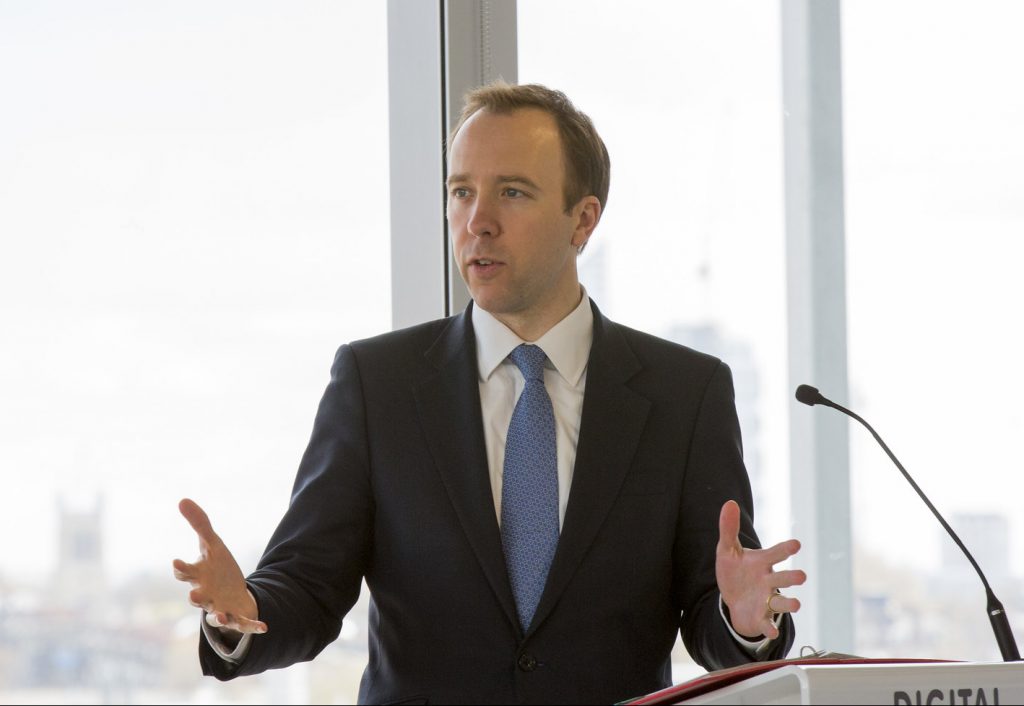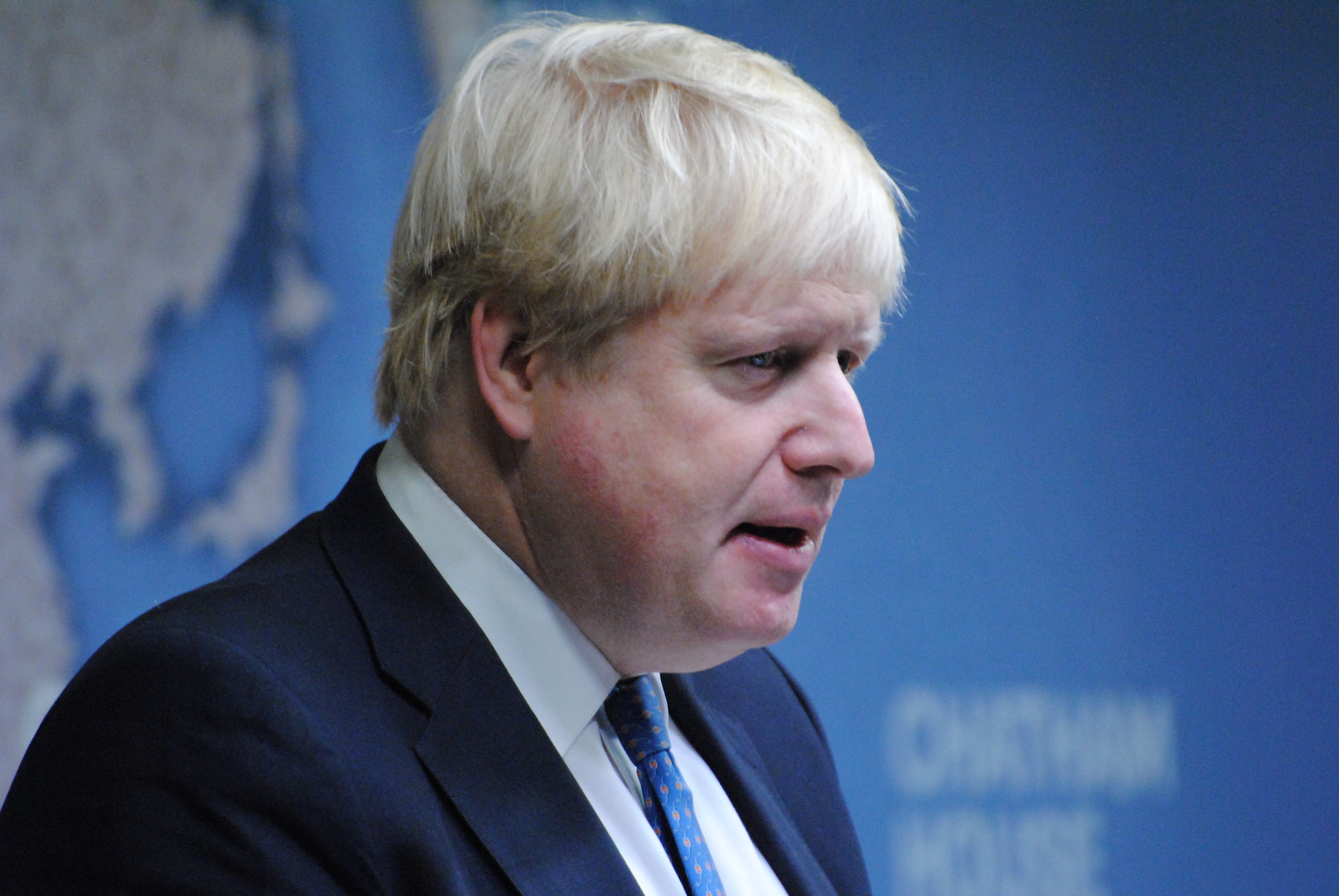Claims that Boris Johnson inappropriately squeezed a junior journalist’s thigh under a table during a lunch several years ago have been branded “deeply concerning” by a former Conservative cabinet minister.
Justine Greening, who now sits as an independent MP after having the Tory whip removed on 3 September, said the allegations raised “questions about character and integrity”.
The former women and equalities minister also branded them “deeply concerning”.
However, Chancellor Sajid Javid said he had “full faith” in the Prime Minister over the accusations.
Downing Street has since responded to the allegations, calling them “untrue”.
The Sunday Times Allegations
In her first column for the Sunday Times, journalist Charlotte Edwardes alleged that the incident took place in 1999.
Published on the eve of the Conservative Party conference in Manchester, Ms Edwardes said she was seated to the right of Mr Johnson at a lunch held at the Spectator magazine offices. Johnson was editor of the publication at the time.
“More wine is poured; more wine is drunk,” she wrote. “Under the table I feel Johnson’s hand on my thigh. He gives it a squeeze.
The prime minister, me and his double thigh-squeeze: https://t.co/EGndHNKcKA
— Charlotte Edwardes (@chedwardes) September 29, 2019
“His hand is high up my leg and he has enough inner flesh beneath his fingers to make me sit suddenly upright.”
Ms Edwardes goes on to allege that another woman at the lunch later disclosed to her that Mr Johnson had also grabbed her thigh.
She responded to Downing Street’s denial of the incident in a tweet, writing: “If the prime minister doesn’t recollect the incident then clearly I have a better memory than he does.”
Response To The Claims
Appearing on BBC Breakfast on Monday (30 September), Mr Javid refused to be drawn on what he called “personal allegations” made against the Prime Minister.
“The prime minister has said that this is completely untrue,” he added.
“I have full faith in the prime minister and I don’t doubt that and what he has said for a second.”

Image credit: Health secretary Matt Hancock in 2016 (Photo: GDSteam/Flickr)
However, not all cabinet ministers were quite so quick to dismiss the claims.
Health Secretary Matt Hancock appeared to play down the claims at first during a fringe event on Sunday.
He said Mr Johnson “has never lectured other people about their private lives”, adding: “I think that we should concentrate on delivering on what we are in politics for, which in my view is to serve the citizens of this country.”
"I know Charlotte well and I entirely trust what she has to say."
Health Secretary Matt Hancock responds to journalist Charlotte Edwardes' claim that she was groped by Boris Johnson when he was editor of The Spectator.
Number 10 say the allegation is "untrue". pic.twitter.com/IMejAR9gmT
— Channel 4 News (@Channel4News) September 30, 2019
But in an interview with Channel 4 News recorded before Downing Street issued a denial, Mr Hancock said that he did not “dismiss” Ms Edwardes’ claims.
“I have seen how what I said has been… how people have responded to what I said, and [to be] totally clear about it, these issues are incredibly important.”
He added that he knew Ms Edwardes well, and knew her to be “trustworthy”.
This was backed by former cabinet minister Amber Rudd, who tweeted that she agreed with Mr Hancock’s assessment.

Image credit – Justine Greening is sitting as an independent MP (Photo: Dfid/Flickr)
Liberal Democrat leader Jo Swinson challenged Mr Hancock’s assertion that the accusations were a “private matter”.
She tweeted: “A boss putting his hand on a junior colleague’s inner thigh isn’t a ‘private matter’ @MattHancock, it’s sexual harassment and an abuse of power. Appalling to suggest otherwise.”
A boss putting his hand on a junior colleague's inner thigh isn’t a ‘private matter’ @MattHancock, it’s sexual harassment and an abuse of power. Appalling to suggest otherwise. https://t.co/jxnFqPXylX
— Jo Swinson (@joswinson) September 29, 2019
Meanwhile, Ms Greening told BBC Radio 4’s Today programme: “I can’t comment on those accusations, but they are deeply concerning, and in a sense they go to the heart of this question about character and integrity of people in public life and what standards the electorate have a right to expect.”







